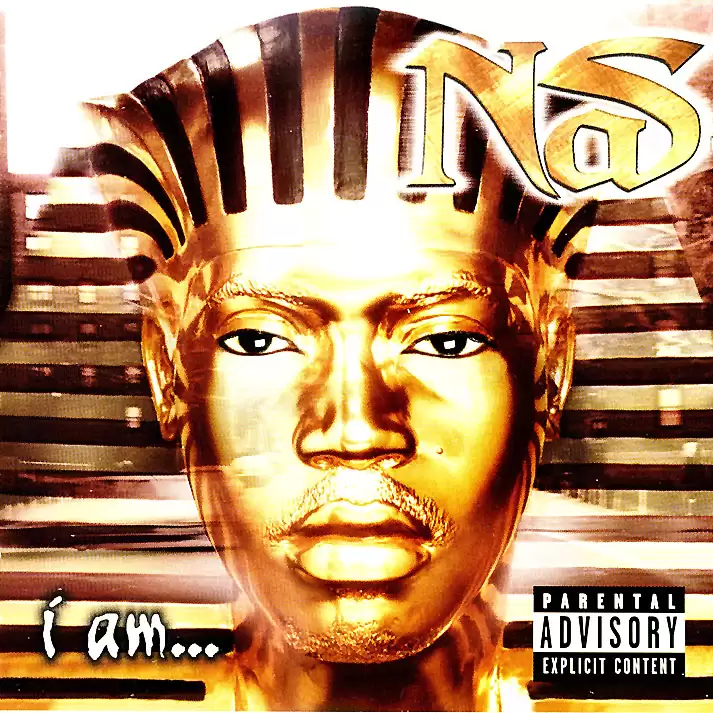
The exhibition was intended as a modern riff on ancient Egypt, bringing contemporary figures of musical royalty such as Beyoncé, Rihanna, and Miles Davis into conversation with the rich culture of the land of the pharaohs.
Instead, “Kemet: Egypt in Hip Hop, Jazz, Soul & Funk”, which was organized by National Museum of Antiquities in Leiden, the Netherlands, sparked a fierce backlash from Egyptian authorities. In an email to the museum, they denounced the exhibition saying it took an “Afrocentric” approach to Ancient Egypt, which equated to “falsifying history.”
The consequence? The museum’s team of archaeologists that since 1975 has carried out excavations at Egypt’s Saqqara necropolis, a sprawling burial ground and key archaeological site, is now banned from continuing its work.
The fallout over the exhibition is related to complicated Egyptian notions of heritage and national identity. In what has sometimes been labelled cultural misappropriation, there is a sense of frustration that non-Egyptians are bundling its culture together with other African cultures. Prior to this most recent dispute, Netflix was heavily criticized for portraying Queen Cleopatra as a woman of color in a docuseries. Egypt’s antiquities ministry insisted the ruler of the Ptolemaic Kingdom of Egypt had Hellenistic features and light skin.
The National Museum of Antiquities disagrees with the charges levied against the exhibition, claiming the show is a sensitive exploration of the myriad influences that ancient Egypt has had on Black musicians. Indeed, it hopes people will visit and make up their own mind. “[The museum] welcomes respectful dialogue on the cultural heritage of Egypt and Nubia,” it writes on its website.
The museum told Artnet News in an email that it had nothing further to add on the decisions of the Egyptian Antiquities Department to no longer issue permits.
The tomb complex at Saqqara from which the Dutch team is now banned. Photo: Ministry of Tourism and Antiquities.
There were, however, multiple warning signs ahead of the exhibition’s opening that a storm was on the horizon. Social media posts promoting “Kemet” saw a deluge of negative responses from mainly Egyptian netizens and Egyptian media outlets also covered the furor. In response to the pushback, National Museum of Antiquities created a supplementary webpage outlining the background and goals of the exhibition.
The exhibition pitches itself as journey through musical history that immerses visitors in music both ancient and modern. It explores the songs, lyrics, and imagery of pioneering jazz, funk, soul, pop, and rap artists through exhibits, artifacts, and listening experiences.
“Kemet: Egypt in Hip Hop, Jazz, Soul & Funk” runs until September 3.
More Trending Stories:
The Art Angle Podcast: James Murdoch on His Vision for Art Basel and the Future of Culture
A Sculpture Depicting King Tut as a Black Man Is Sparking International Outrage